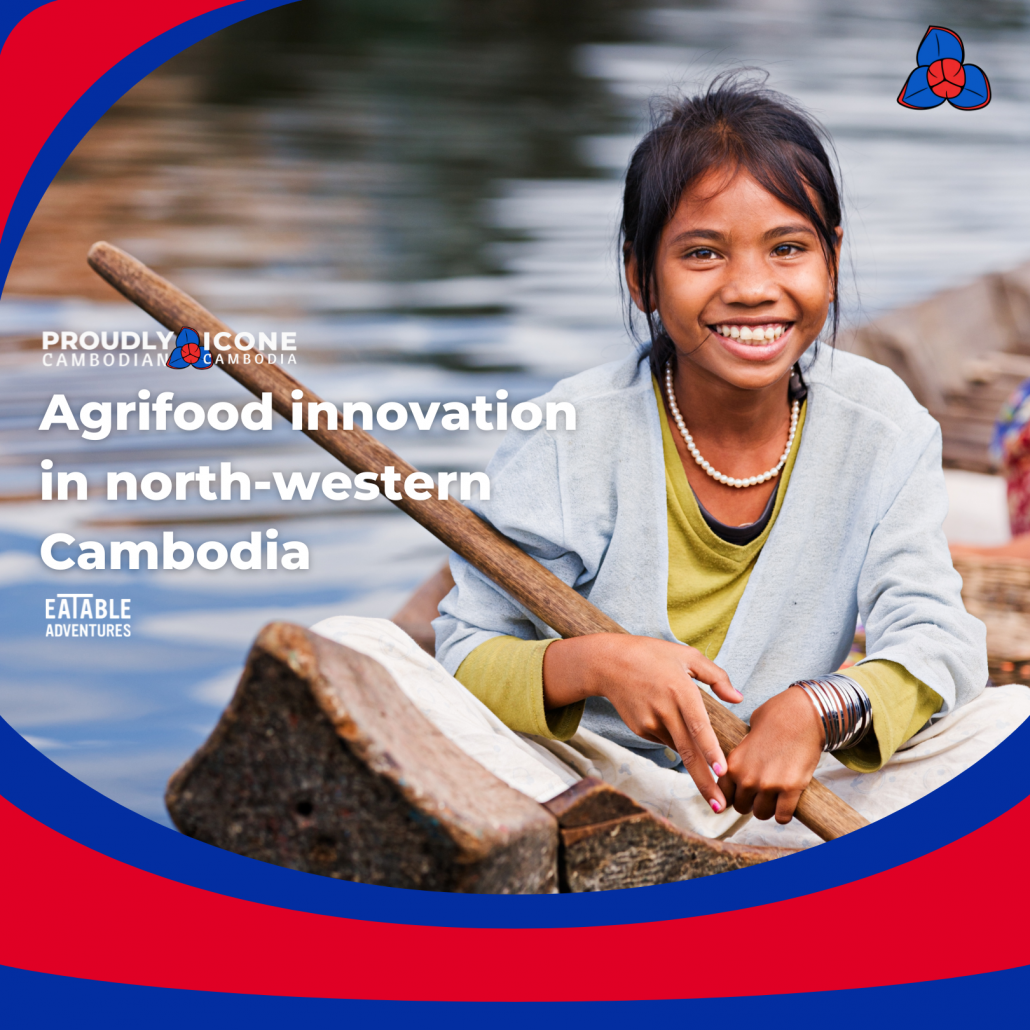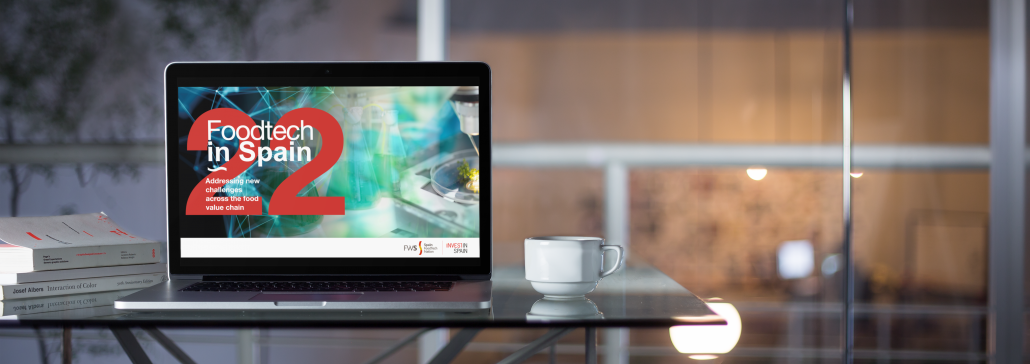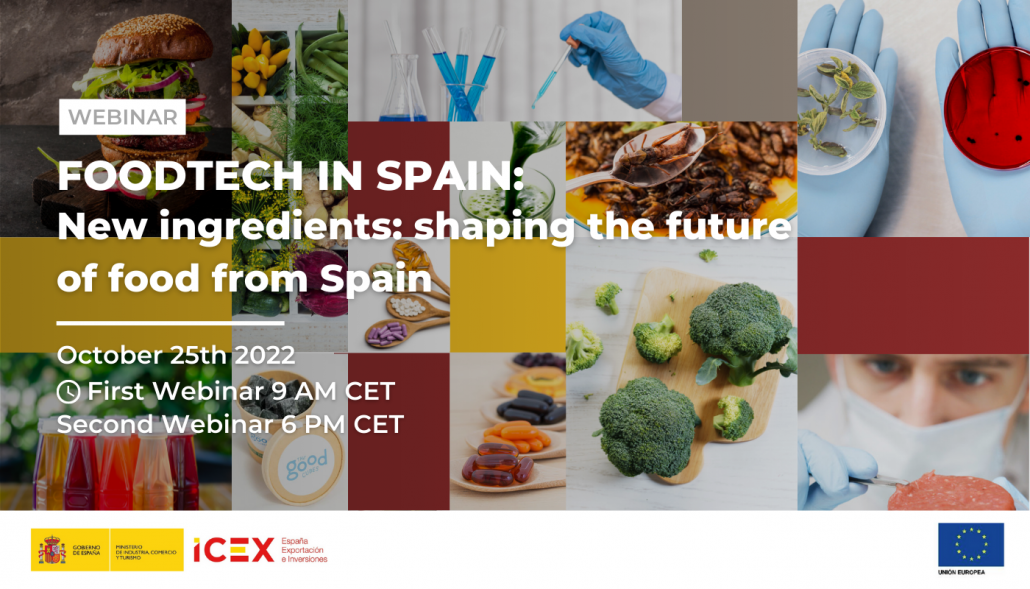WEBINAR
25/10/2022. Online
Free entry, registration required.
9:00AM CET
18:00PM CET
ICEX Spain Trade & Investment is hosting a webinar on “New ingredients: shaping the future of food from Spain” featuring five Spanish startups, and one of the leading technological centers, that are disrupting the food industry by using the most innovative technologies to create the foods of the future, in the most sustainable way.
WHY PARTICIPATE
Today, technology in the food industry is an essential part of food production processes. As food is becoming more wellness-oriented, consumers are increasingly opting for foods and beverages that, in addition to providing satisfaction and pleasure in eating, also offer health functions or benefits. To meet this demand, entrepreneurs and large industries are in the need of innovating and producing certain functional foods, and in some cases introducing new ingredients to the market which have specific health attributes through new technologies such as cellular agriculture, fermentation and artificial intelligence.
This initiative aims to strengthen the network of the Spanish foodtech industry, to showcase it to the world, and highlight success stories and interesting projects from other countries to enhance collaboration.
AGENDA
SPEAKERS
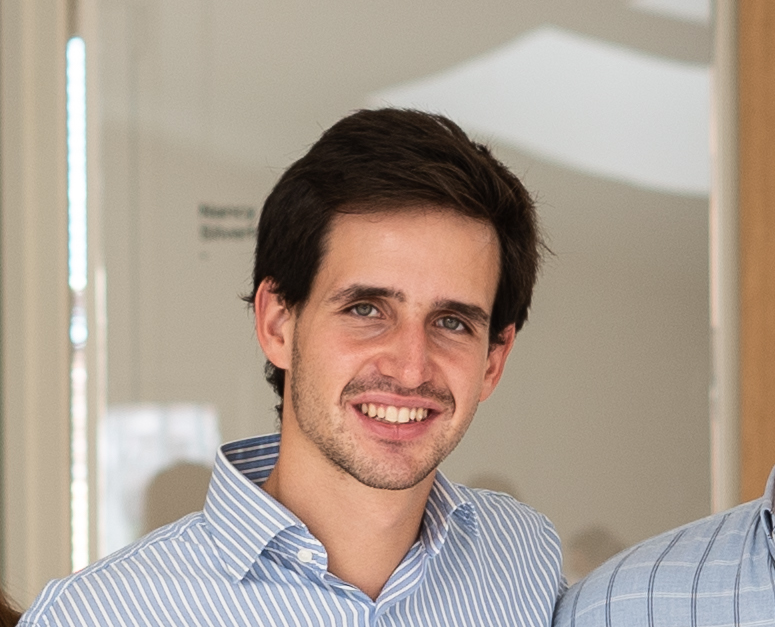
Daniel Gomez Bravo, CEO – Bread Free
Bread Free: Bread free is a startup formed by young entrepreneurs who, through an innovative process, have managed to process cereals with gluten to separate this component from the rest of the food so that it can be consumed by people with celiac disease.
Bio: Daniel Gómez-Bravo is the CEO and technology developer of BREAD FREE S.L. He is a graduate in Biotechnology, Master in Health Information Engineering, and has experience in Research Centers such as the Center for Plant Biotechnology and Genomics. Daniel is fully involved in the use of Biotechnology to solve a real problem in the market, and a primary need of the gluten-free population. He has an economic, business and legal background backed by his training at the European Business and Innovation Center of Navarra (CEIN). With international prospection, he seeks to direct the company’s technology towards foreign markets, and thus be able to help as many people as possible.
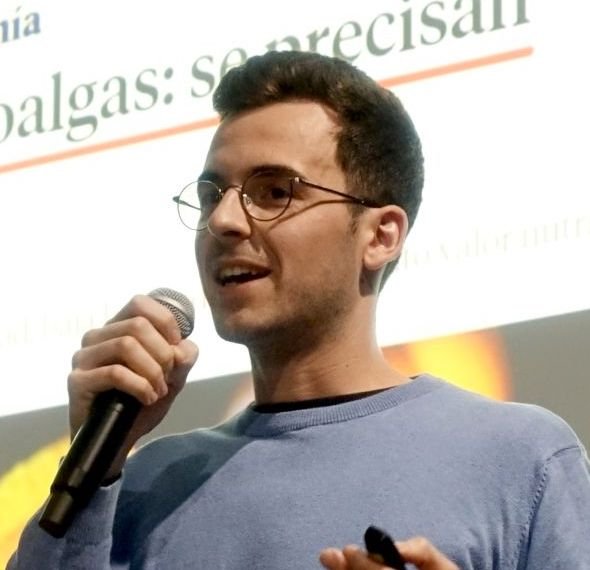
Manuel Diez de Oñate De Toro, CEO – The Good Cubes (Origin Algae)
Origin Algae: With the help of technology, Origin Algae provide the means and resources necessary to start producing spirulina, or to optimize your crops in an intelligent way.
Bio: Manuel graduated in industrial engineering at the University of Seville, where he began his career in the algae sector working in a spin-off of the university where he studied processes to make the production of algae more efficient in a sustainable way. After working for this company and for the Air Force as an intern in the Quality Department, he decided to take the leap to Sweden to study a master’s degree in business and entrepreneurship. At the end of this process, Manuel had already begun to undertake projects in real estate and music, but it was from the end of 2021 when he decided to undertake his current project focused on food based on algae for human consumption, Origin Algae (The Good Cubes).

Miguel Ángel Cubero Márquez, CEO – Ingredalia
Ingredalia develops and produce natural functional ingredients from plant by-products of agri-food companies for use in the food, cosmetic, nutraceutical and pet industries. With sustainability and circular economy as the cornerstones of our activity, Ingredalia obtain, natural functional ingredients, extracts, and healthy additives.
Bio: He has developed his professional career as a technician, advancing from the position of laboratory manager to R&D Director at Indulleida for more than 10 years. He has been part of the Technical Management and held other management positions in other companies, such as aroma companies and other food industries; he has also been working as an associate professor at the University of Lleida, as well as visiting professor from 2008 to the present. He has developed and led various R&D projects, directing the creation of new lines and following the industrial development of the companies in which he has worked. Therefore, he has extensive experience in moving from an R&D project to an industrial reality. He has been the full-time General Director of the company since February 2020, assuming full responsibility for the fulfillment of the business plan.

Roselyne Chane, Director – Sanygran
Sanygran produce extruded food based on legumes and cereals, highlighting their nutritional and environmental benefits. Their vegetable protein has now become the basis of all our products due to its protein content, source of fiber, low level of saturated fats, as well as being gluten and lactose-free and manufactured in Spain. All this, without forgetting the positive impact it has on our health and that of the environment, by using less water resources than animal protein and reducing greenhouse gases from livestock farming, while promoting biodiversity and animal subsistence.
Bio: With +18 years of managing experience In Sales, Marketing, Innovation and Business development in the Food industry, Roselyne is now the Managing Director of Alimentos Sanygran, a Spanish Vegtech company specialized in plant-based foods and ingredients.
She believes in spending her time, energy and money in projects that impact positively on the planet and its people and this is why she also invests in foodtech, biotech and renewable energy companies.
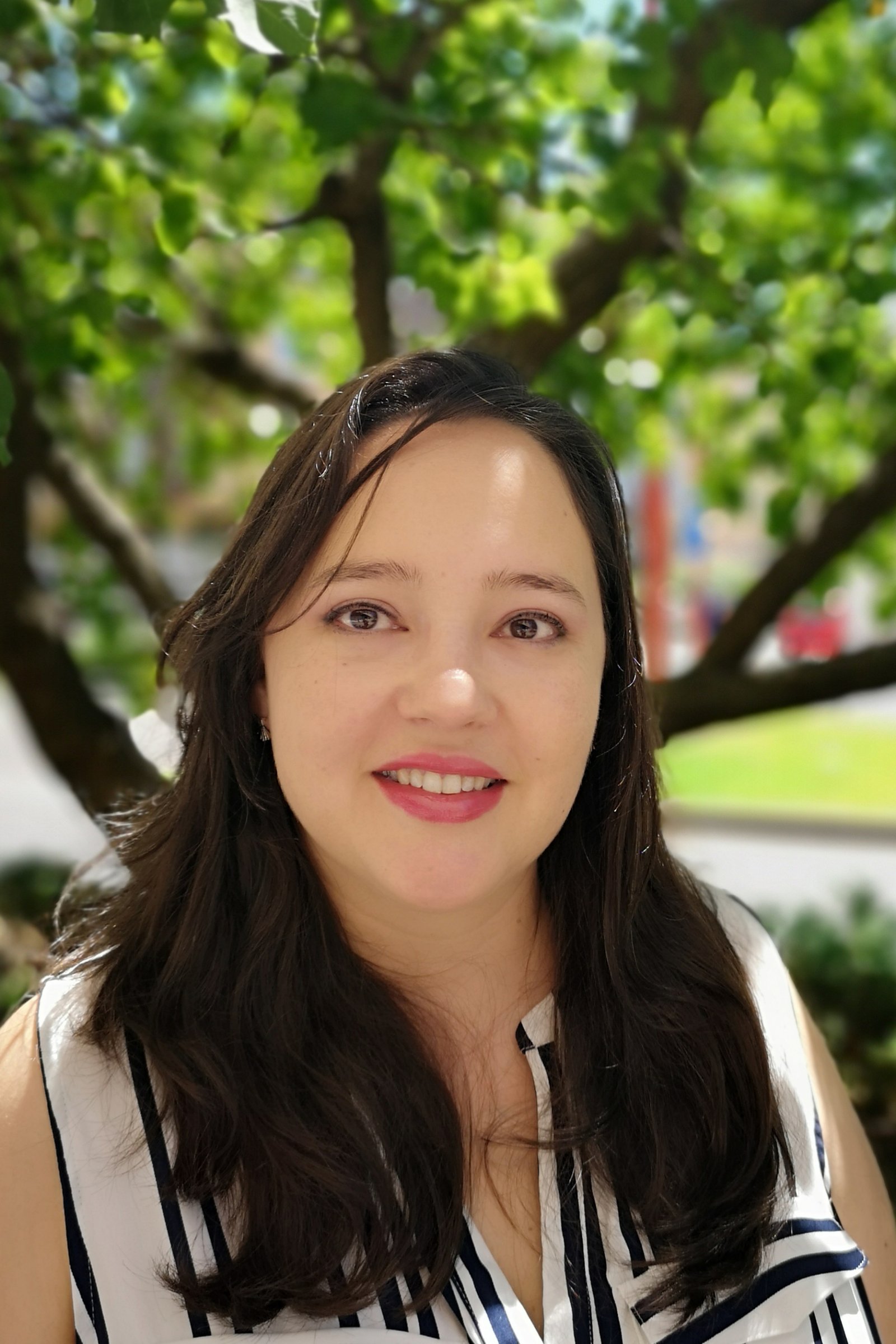
Adriana Casillas, CEO – TEBRIO
Tebrio: Spanish biotechnology company that is building an 80.000 square meter insect farm – the largest of its kind in the world, which, in line with our pilot operations, will breed and transform mealworms into 3 main co-products: (i) amino rich, sustainable premium protein for petfood, fishmeal and animal feed, (ii) tech powered biofertilizer for plant nutrition and (iii) chitosan for biodegradable plastic manufacturing.
Bio: Adriana Casillas is CEO and Co-Funder of Tebrio. During her professional life, she has developed successfully different technological projects both in USA and Spain, related to industries such as art or food. She is also actively involved in interactions with the European Commission, EFSA and other European stakeholders for the development of the insect industry in Europe through her position as President of IPIFF, the International Platform of Insects for Food and Feed, based in Brussels. Adriana holds a Bachelor’s degree in classical and contemporary music, MBA and Executive Master in Agri-Food Business Management from ESMUC, Johns Hopkins University and the IME Business School of the University of Salamanca, respectively.

Carolina Najar, Food Market Director – AZTI
Azti conducts strategic and applied research in an international context, providing comprehensive and innovative solutions to its clients. AZTI’s mission is to transform science into sustainable and healthy development for present and future societies.
Bio Entrepreneur and business woman specialized in food industry and gastronomy of the national, European, and latinoamerican markets. She has experience in the GMCP (Gross Market Consumption Products) sector, where she has held different positions within the management team in the commercial and marketing areas. Foodtech investor. Teacher at Cámarabilbao University Business School. Founder of Baiba, a consultancy specialized in food, mentor al EIT Food and other incubation and acceleration programs. Since 2021 she is the director of food market at the technological center AZTI.
_____________________________________________________________________________________________
FONDO EUROPEO DE DESARROLLO REGIONAL (FEDER). A way of making Europe
This service/activity is eligible for co-financing from Fondo Europeo de Desarrollo Regional (FEDER)
